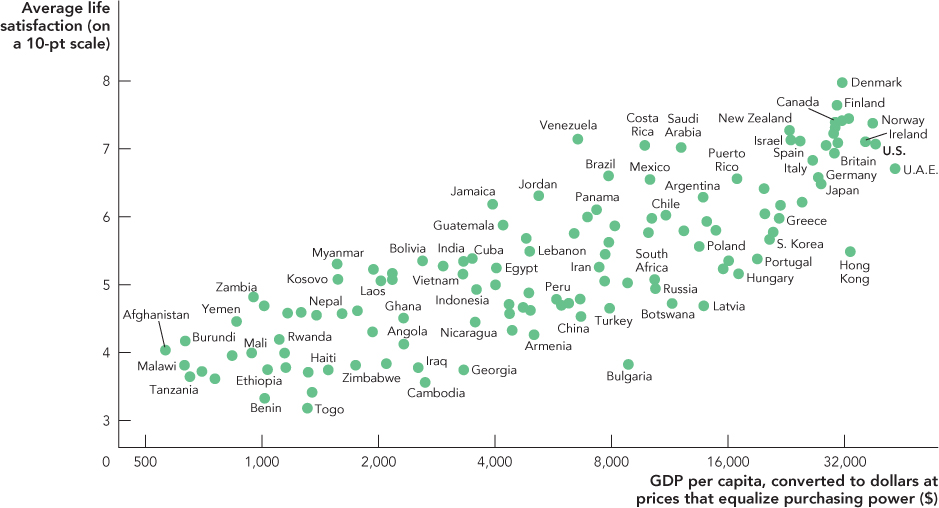Big Idea Six: The Importance of Wealth and Economic Growth
Every year, several hundred million people contract malaria. In mild cases, malaria causes fever, chills, and nausea. In severe cases, malaria can cause kidney failure, coma, brain damage and, for about a million people a year—mostly children—death. Today, we think of malaria as a “tropical” disease but malaria was once common in the United States. George Washington caught malaria, as did James Monroe, Andrew Jackson, Abraham Lincoln, Ulysses S. Grant, and James A. Garfield. Malaria was present in America until the late 1940s, when the last cases were wiped out by better drainage, removal of mosquito breeding sites, and the spraying of insecticides. The lesson? Wealth—the ability to pay for the prevention of malaria—ended the disease in the United States. And wealth comes from economic growth. So the incidence of malaria is not just about geography; it’s also about economics.
Malaria is far from the only problem that diminishes with wealth and economic growth. In the United States, one of the world’s richest countries, 993 out of every 1,000 children born survive to the age of 5. In Liberia, one of the world’s poorest countries, only about 765 children survive to age 5 (i.e., 235 of every 1,000 children die before seeing their fifth birthday). Overall, it’s the wealthiest countries that have the highest rates of infant survival.
Indeed, if you look at most of the things that people care about, they are much easier to come by in wealthier economies. Wealth brings us flush toilets, antibiotics, higher education, the ability to choose the career we want, fun vacations, and, of course, a greater ability to protect our families against catastrophes. Wealth also brings women’s rights and political liberty, at least in most (but not all) countries. Wealthier economies lead to richer and more fulfilled, even happier lives, as seen in Figure 1.1. In short, wealth matters, and understanding economic growth is one of the most important tasks of economics.

7